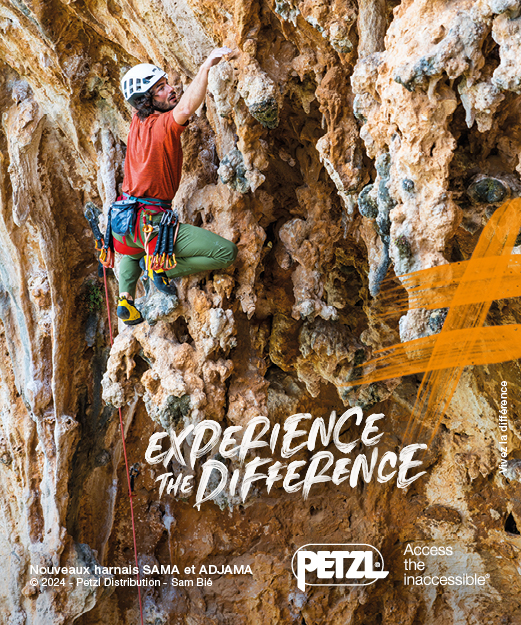Climbing booming despite Covid : Climbing hall operators optimistic

Climbing hall operators hit by lockdown, but optimistic about the future. Climbing booming despite covid. The pandemic and resulting lockdowns have disproportionally affected musicians, restaurants, event and trade show organisers. And also climbing wall operators.
State subsidies, strong industry associations and individual creativity have helped prevent the worst. Vertical Pro is the trade show and meeting point for the indoor and outdoor climbing industry, rope and safety systems and occupational health and safety in Friedrichshafen on 19 and 20 November 2021.
“We look forward to being able to meet in person. Exchanging opinions, learning about new products and trying out new equipment is indispensable – and more important than ever after a year without larger physical industry meet-ups. The Demo + Test Area provides an extensive overview of the latest products and systems for everyone who works at height or climbs in their free time,” explains Project Manager Dirk Heidrich.

Vertical Pro : the trade show for the indoor climbing industry
Climbing walls in Germany expect to generate two-thirds less annual turnover from the “2020/21 climbing hall season”. “The six months over winter are the strongest part of the year and normally account for some 60-65 per cent of annual profits,” says Elias Hitthaler, German Alpine Association (DAV) Expert for Climbing Halls, “but the walls were closed from November to mid-April.”
The problem is that overheads remained constant. Rents, and in particular loan repayments – climbing halls involve considerable initial investment – did not stop. And unlike the consumer sector, there was no catch-up boom when the halls reopened. Visitor numbers remain down due to hygiene measures and there is the time factor too: “Just because you couldn’t climb much in January, it doesn’t mean that you then climb more in July,” explains Elias Hitthaler.
Climbing booming despite Covid
Nevertheless, the feared wave of closures has been avoided. The DAV sections were entitled to support from the substantial Corona programme. Which helped them to survive, he explains. “The subsidies compensated for the losses,” says Elias Hitthaler. “However, it was a difficult process. As it was only possible to get answers to many of the questions relating to the scheme at a relatively late stage.”








